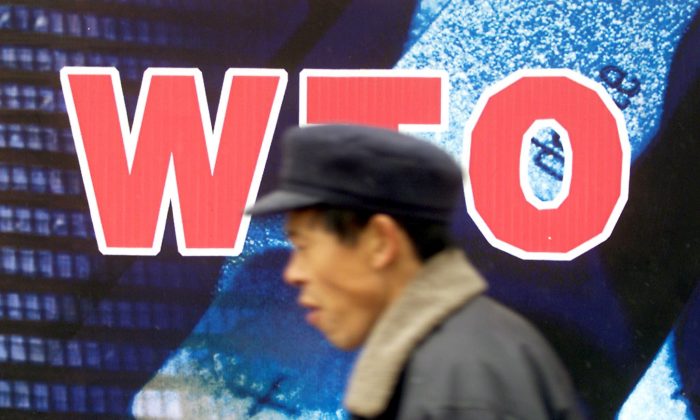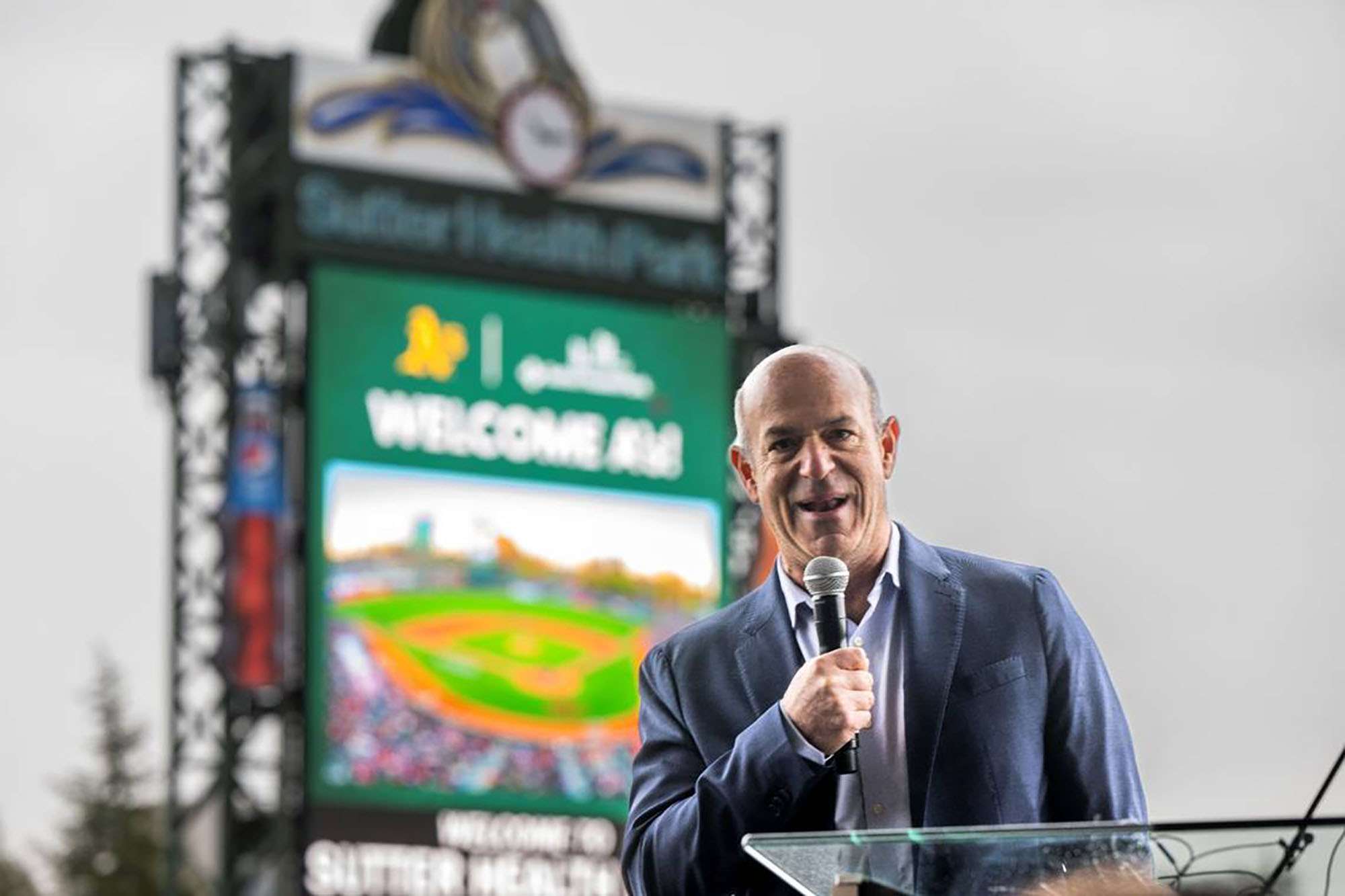Commentary
“The United States is the world’s largest exporting nation (and an) inability to get grievances resolved has been a cause of enormous losses and frustration for American exporters over the years. The WTO is the remedy.”
The Washington Post, always more than a bit smug when writing of Republicans, told its readers that then-House Republican Whip Newt Gingrich, who opposed U.S. entry into the WTO:
“You will not be greatly surprised to hear that the patriotic issue of national sovereignty is getting a lot of attention these days from protectionists fighting to preserve the regulations that restrict trade and competition.”
There are two ironies in The Washington Post op-ed.
Counter to some now in the GOP, who embrace unrestricted “free trade” with veritable religious dogma, Mr. Reagan embraced traditionally conservative notions of fairness in foreign trade. He negotiated voluntary quotas and tariffs on everything from Japan’s cars to clothespins. At the time, Japan had enormous non-tariff barriers to imports of U.S. automobiles, while clothespins were being dumped on the U.S. market at below the foreign producers’ cost in order to destroy U.S. manufacturers. Mr. Reagan wasn’t being a “protectionist”; he simply ameliorated unfair trade advantages our foreign trading partners were using to cheat in trade and to harm U.S. businesses.
Second Thoughts on the WTO Mistake
Newt Gingrich ultimately conceded to pressure from the media and the big-dollar donor base and presided as speaker when Congress agreed to join the WTO in 1994. But a quarter century later, Mr. Gingrich now admits U.S. assent to letting China join the WTO was a mistake. Mr. Gingrich told The Hill:
“We thought getting them into a rules-based system would gradually permeate their culture and that’d be a big step in the right direction. That was all wrong. The Chinese, in fact, decided to corrupt the WTO rather than be changed by it.”
China’s substantial advantage in the goods trade with the United States since it entered into the WTO with special advantages can be seen here:
(Source: OECD International Trade: Imports and Exports: Value (Goods): Total for China; retrieved from FRED, Federal Reserve Bank of St. Louis)
Foregoing an Enormous US Advantage—and a Constitutional Requirement
But what Mr. Gingrich, The WashingtonPost, and lawmakers all missed in 1994, when the United States entered into the WTO, is that the United States was, and is to this day, the largest per-capita consumer market in the world. That gives the United States an extraordinary level of leverage and negotiating power that it ceded when it joined the WTO. That was a mistake, and a shameful surrender of the “patriotic issue of sovereignty” that the newspaper so smugly dismissed.
Article I, Section 8, Clause 3 of the U.S. Constitution is clear and explicit:
The Congress shall have power … to regulate commerce with foreign nations… [My emphasis]
Congress—collectively, the House of Representatives and the Senate—are the sole constitutional arbiters of U.S. trade policy stipulated in the U.S. Constitution—not Geneva, where the WTO is located. By joining the WTO, we effectively ceded the authority to make trade policy with foreign nations and to decide with whom we trade.
It never should have been permitted.
A Better, Constitutional, Trade Policy
A better, constitutional, trade policy would restore the American sovereignty in trade policy that The Washington Post so readily dismissed in its 1994 editorial by returning the power to regulate U.S. trade with foreign nations to the Congress.
As the lawmaking body of the world’s largest per-capita consumer nation, Congress, together with the Office of the U.S. Trade Representative (USTR), our chief trade negotiator, could draft a model U.S. trade treaty as our baseline for negotiating a series of bilateral trade treaties that would make the WTO obsolete.
With a model treaty, the USTR would, effectively, set the global standard for international trade arrangements and “fine tune” the model agreement with our trading partners to accommodate their specific needs, if necessary, from a position of strength—and limit any such trade accommodation to particular countries.
Furthermore, Congress could, based on the advice of the USTR, opt to impose sanctions on trading partners who violate their treaty terms without needing approval from, or pledging allegiance to, unelected foreign bureaucrats in Geneva.
Additionally, the United States could simply refuse to abide by any WTO regulations regarding our decision to subsidize strategically important industries such as defense, aerospace, and critical minerals. We could also independently determine whether to offer special trade concessions to foreign partners claiming to be “developing.” (For instance, China has labeled itself as “developing” to receive special trade benefits, a claim challenged by the US and Australia, yet unaddressed by the WTO.)
Summary
Trade agreements are inherently intricate due to the vast array of goods and services involved. The WTO negotiations spanned seven years, highlighting the complexity of such arrangements. It is probable that a significant portion of any foundational treaty model for bilateral trade pacts will draw heavily from existing WTO provisions.
However, rather than delegating authority for fairness and rulings to Geneva, a US model treaty, albeit with modifications, would entrust these decisions to Congress and the USTR, aligning with the principles outlined in the US Constitution.
The Washington Post may not endorse this approach, but now is the opportune moment to distance ourselves from the WTO and reaffirm the patriotism and sovereignty that the nation’s capital’s leading newspaper so readily undermines.







